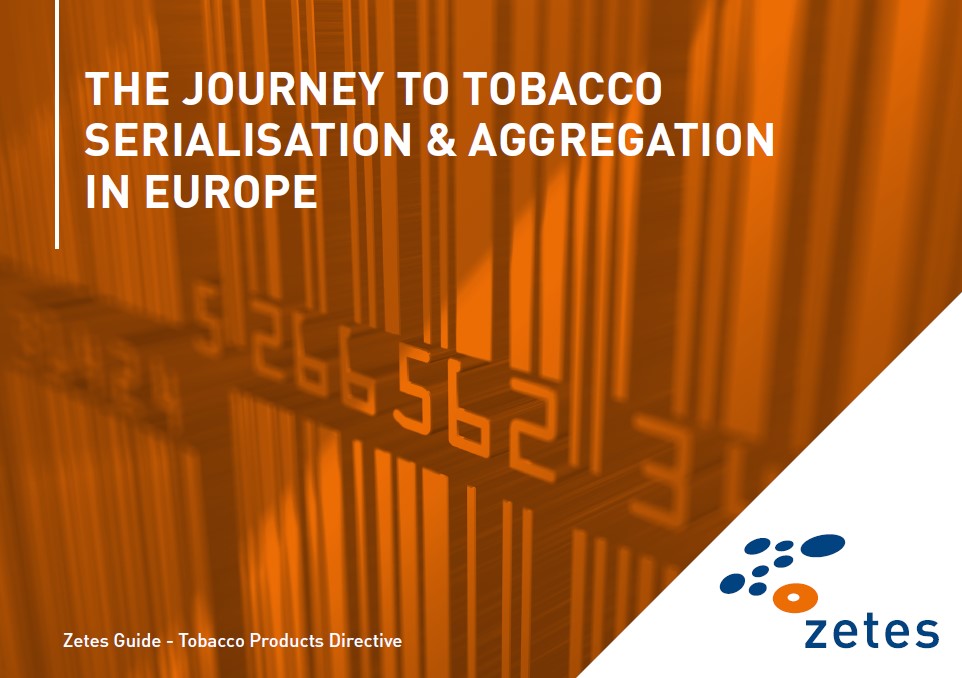1. Can you explain what the second phase of TPD is about?
The Tobacco Products Directive (TPD) officially came into effect on 20 May 2019 and affects all organisations within the tobacco supply chain. All economic operators who are connected to the tobacco supply chain must comply. The second phase of TPD further applies as of 20 May 2024, encompassing tobacco products such as cigars, cigarillos, smokeless tobacco products. Prior to that, manufacturers and importers of said tobacco products will have to notify the name of their certified vendor to the European Commission before 31 December 2022.
2. How can companies start to prepare for compliance?

The major global tobacco companies are usually ahead of the game because they have dedicated project teams. They have the capacity to analyse solutions, vendors and alternatives and determine how best to manage a global rollout of their serialisation & aggregation efforts, depending on particular operational country nuances.
However, the tobacco sector comprises many small to medium enterprises (SMEs), like importers. For these, the resources, funds and capabilities available to address TPD compliance tend to be much more limited. What we have identified in Europe, is that many of those organisations execute almost at the eleventh hour and create significant, unnecessary implementation challenges for themselves with increased associated costs.
3. How does serialisation and aggregation develop into wider track & trace initiatives and customer engagement?
Behind these legislations, there are also advantages in terms of both efficiency and quality. For example, through defining each serialised item, recalls are simplified. It is simply a question of having the visibility on how you distribute products and how you can then strategically place your stakeholders inside a global network and connect the various silos that exist in your supply chain.
